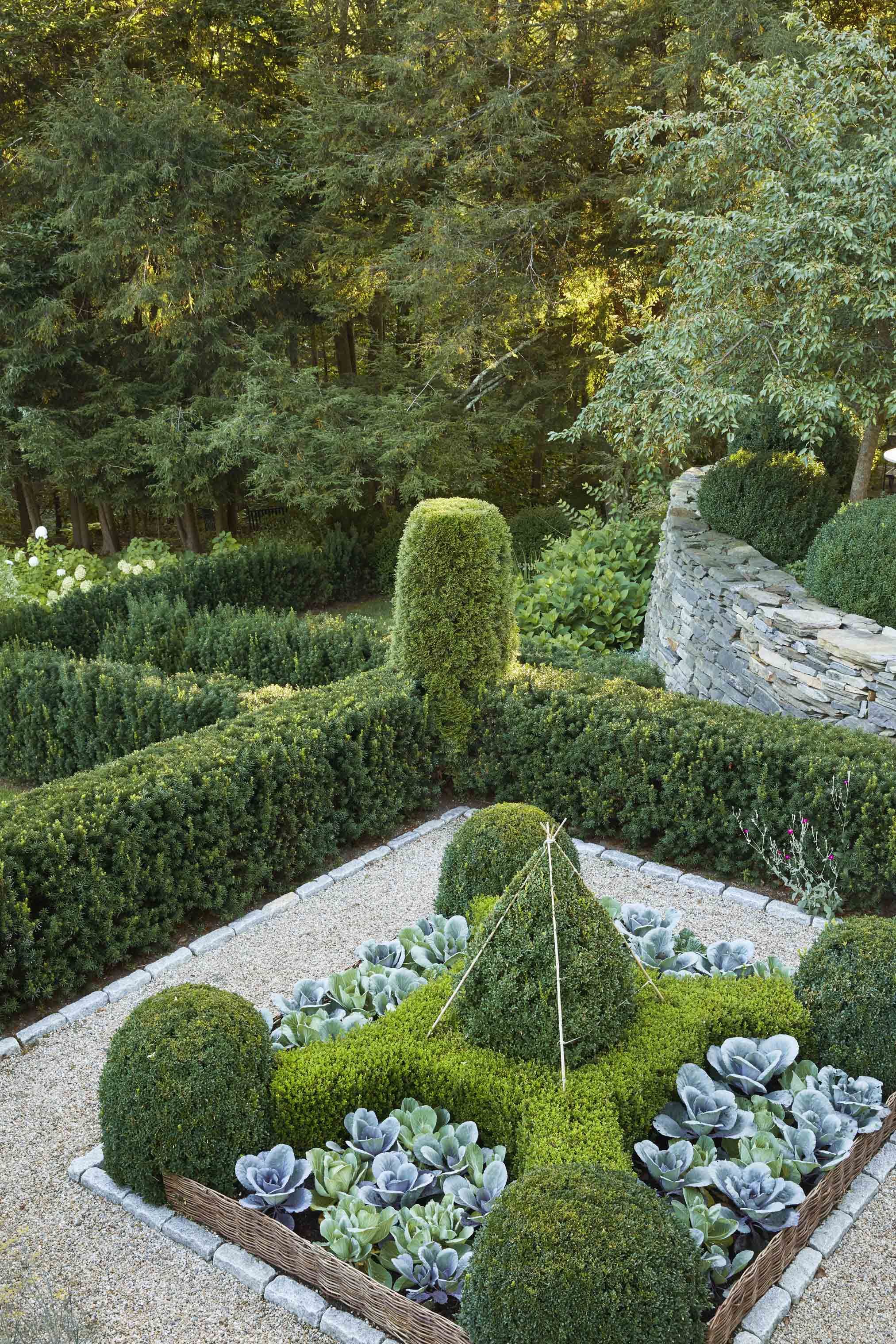When you’ve prepared your beds, it’s time to plant your vegetables outdoors!
You can use our vegetable garden planting guide to determine what date to begin your plants depending on your USDA plant hardiness zone:

- View houses for rent in Home Gardens, CA. 44 house rental listings are currently available. Compare rentals, see map views and save your favorite houses.
- Garden Home's best FREE dating site! 100% Free Online Dating for Garden Home Singles at Mingle2.com. Our free personal ads are full of single women and men in Garden Home looking for serious relationships, a little online flirtation, or new friends to go out with.
When you have planned your garden and selected an appropriate site and you’re ready to dig in and prepare your garden beds, consider the nutrient content of your soil, what kind of mulch you will use on your garden bed (yes, vegetable gardens can get mulch too!), and if you will choose to make your own compost for future gardens.
For a full guide to starting vegetables from seed, see: Plant Propagation from Seed
Did you know not all vegetables need to be transplanted? Many garden crops can be grown from seeds you plant directly in your garden. For more information on which plants to start indoors and which to plant directly in your garden, look at the * denoting transplants in our Home vegetable garden planting guide.
Transplants should be hardened off--or gradually acclimated to outdoor weather--before they are planted directly in the garden. For more information on hardening, see “Hardening” in Plant Propagation from Seed.
Central Dating Sites Near Home Gardens Near
Herbs: Most herbs can be grown successfully with a minimum of effort. Several are drought-tolerant, some are perennials, and many are resistant to insects and diseases.For information on growing your own herbs:
A vegetable hand-picked from your own garden tastes better than anything you can buy in a store. And here in Florida, home gardeners can grow vegetables all year long. Home gardens are convenient and may encourage you and your family to eat more fresh vegetables. The choices are endless, with vegetables of all sizes, colors, and shapes.
Start with a plan: decide what vegetables you want to plant, and where in your garden they'll be located. Make sure your site gets plenty of sun (at least six hours) and is near a source of water.
Get your soil tested to find out what nutrients it needs. Your county Extension office can help with this process. Purchase or start your own transplants or plant seeds directly in the soil. Water and fertilize as needed, and keep an eye out for pests.
The most important thing when beginning is to pay close attention to planting dates. Where you live within the state will affect that—planting dates for North, Central, and South Florida are very different. For more month-by-month gardening tips, check out the Florida Gardening Calendar. Three different editions of the calendar provide specific tips for each of Florida's gardening regions—North, Central, and South.
UF/IFAS Sites


Central Dating Sites Near Home Gardens
UF/IFAS Publications
Spring
There's nothing like having homegrown vegetables right at your back door, and spring is the perfect time to prepare your beds for vegetables. If this will be your first vegetable garden, you may find Getting Started with Your Vegetable Garden very helpful.
Spring crops include sweet corn, cucumber, tomato, watermelon, and several kinds of beans. For best results, choose varieties recommended for Florida.
You can plant seeds directly in the soil, use transplants, or start your own transplants six to eight weeks before planting time. For spring gardens in North and Central Florida, the planting time for most frost tender plants is in March. If you plant earlier, be prepared to cover your tender vegetables to protect them from late frosts. Frost hardy vegetables may be planted much earlier. Of course, in South Florida, you can plant 'spring' vegetables in the fall and winter, up until February or March. Plant early enough so that your vegetables have time to mature before the heat of summer kicks in.
See Table 3 in the Florida Vegetable Gardening Guide for planting dates for specific crops.
Summer
If you're up for the heat and humidity, you can even grow vegetables in the summer.
A handful of vegetables will do well in the summer heat, including sweet potatoes, southern peas, cherry tomatoes, and okra. There are also some lesser-known tropical vegetables you can try, like cassava or Malabar spinach. Some spring crops like peppers and eggplant may continue into the summer. As long as the plants are healthy, there's no need to remove them if they're still producing fruit.
If you prefer to give your garden a rest during the summer, take advantage of the summer sun to solarize the soil. This kills nematodes, weeds, and other harmful pests with heat. Read more about soil solarization.
Fall
In Florida, fall is an excellent time to start a vegetable garden. Cool-season vegetables to plant in October include broccoli, lettuce, carrots, Brussels sprouts, and radishes.
If you’re planting in an area already used for spring and summer crops, be careful to remove all dead or diseased plant matter, including roots.
You may want to have your soil re-tested to check the pH level and to determine what nutrients you might need to add. Till your soil a few weeks before planting, and then add organic matter, such as cow manure or compost.